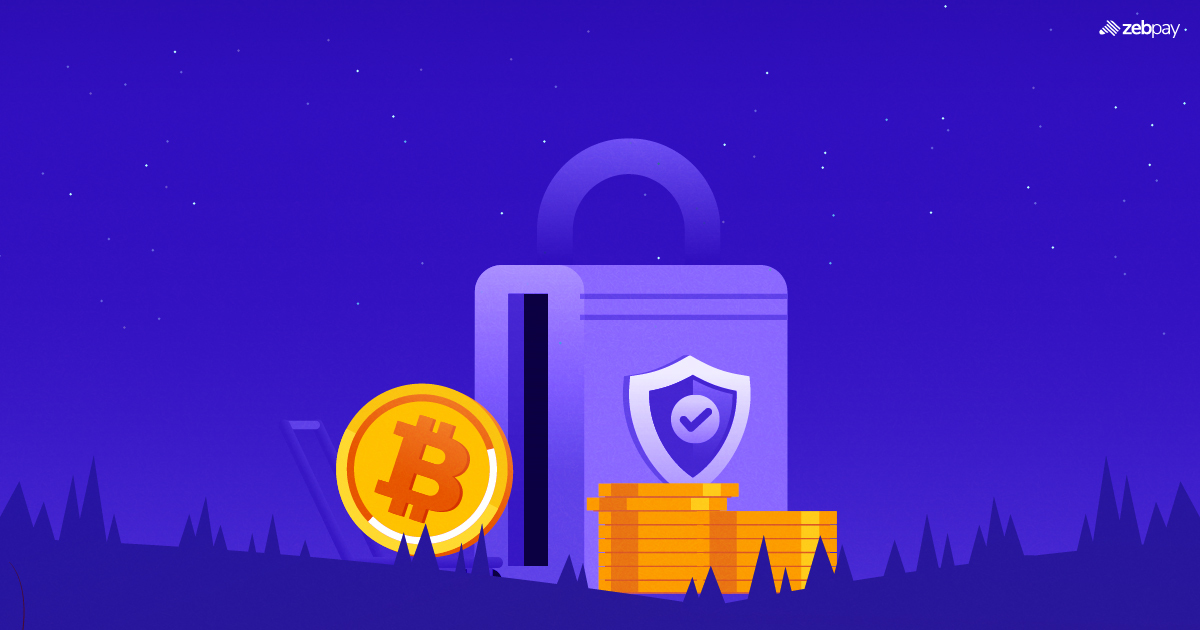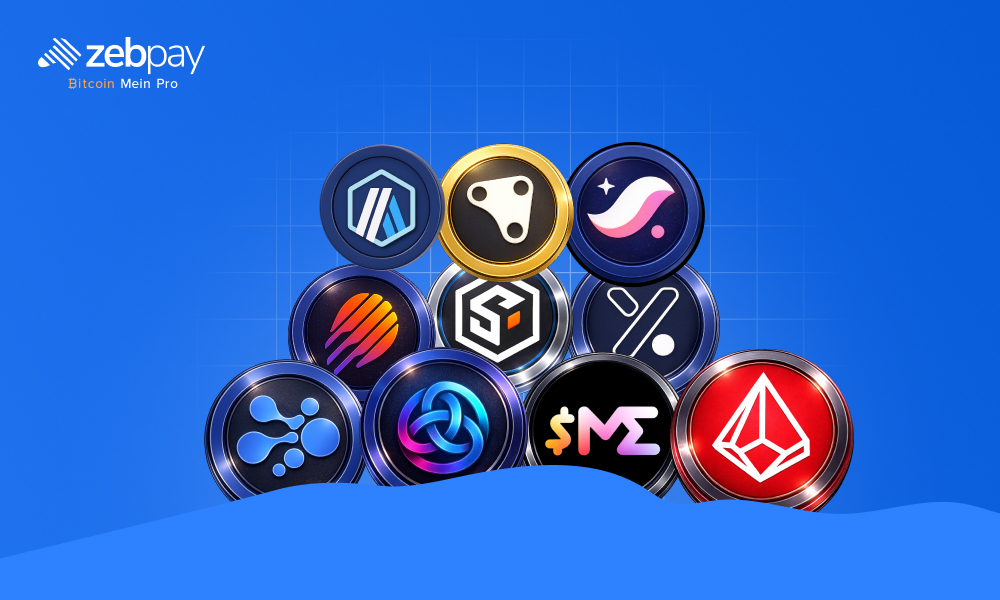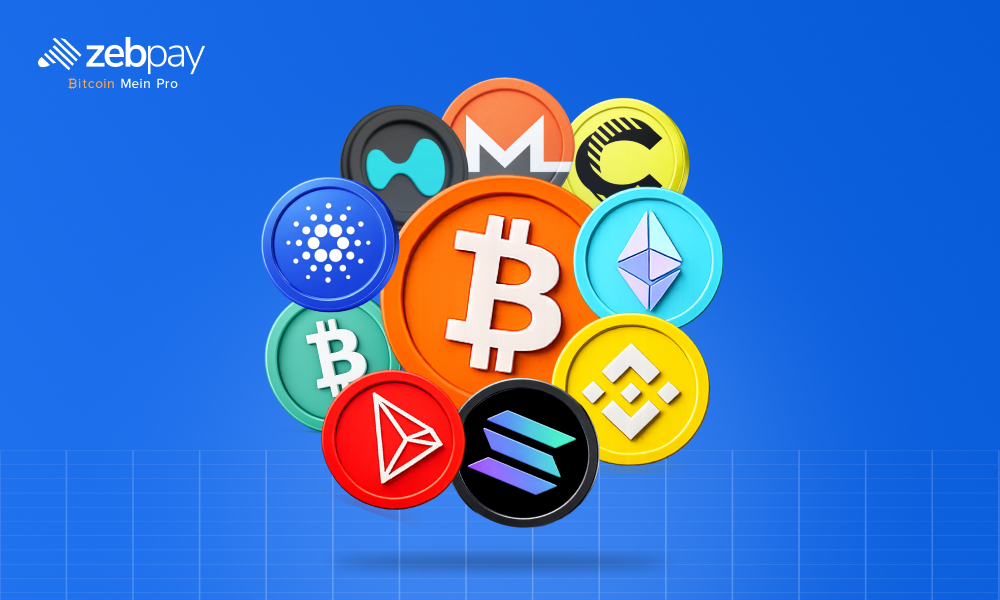Asset tokenization is the process by which an issuer produces digital tokens that represent digital or real-world assets on a blockchain. Blockchains ensure that no one authority can change asset ownership once you purchase tokens representing an asset, making it immutable. Crypto technologies are gaining significant traction and have experienced improved user adoption in recent years.
Crypto protocols are sometimes susceptible to cyber-attacks because of programming loopholes and dark patterns in the tech stack. So it becomes vital for blockchain protocols to employ various security measures to mitigate hacking or cyberattack risks. Tokenization can help safeguard your assets from cyberattacks. Let us see how tokenization can enhance security in the crypto world.
Tokenization: A Paradigm Shift in Ownership
Tokenization is the process of transforming a valuable item into a digital token that can be used on a blockchain platform. Tokenized assets can come in two forms: first, they can represent tangible goods such as gold, art, and real estate. Second, they can represent intangible assets such as ownership rights, licensing, and voting rights.
Read more: What is Tokenization
Almost anything can be tokenized if it is regarded as an asset that can be owned, has value, and can be integrated into a broader asset market. Token standards are the rules, conditions, and functionalities that govern how a crypto token operates. Token standards are used to enforce compliance norms and regulate transfers to qualified investors. These standards enable the creation of crypto tokens on a variety of blockchains. Some common token standards include ERC-71, ERC-20, and ERC-1155.
The Security Challenges in the Crypto Space

Crypto protocols have grown significantly, but so have cyberattacks and hacks. Some security issues include phishing, crypto scams, 51% attacks, and Sybil attacks.
An example of one such crypto issue is 51% attacks. These attacks allow an entity to control over half of a protocol’s processing capacity. Typically, this supremacy is attained by renting mining hash power from a third party. When a 51% attack is successful, the criminal entity gains control to change the confirmation of new transactions and modify the sequence in which crypto transactions are processed.
Phishing is the most common cyberattack that targets many crypto protocols. Scammers act as trustworthy entities in their attempts to deceive victims into disclosing sensitive information, such as their private keys.
Sybil attacks are advanced tactics used by criminals to influence crypto networks. This attack is carried out by assigning several identities to a single node using the decentralized structure of blockchain networks, in which trust is not centralized. A hacker acquires control of many network nodes during these cyberattacks. These nodes create a virtual barrier around a victim, surrounded by fraudulent nodes who collaborate to intercept and modify their transactions, leading to double-spending.
Read more: How Crypto Scammers Are Using Tinder To Scam Investors
How Tokenization Enhances Security
Tokenization offers numerous benefits for payment security, including limiting sensitive data exposure, simplifying compliance with data protection laws, and improving payment performance and efficiency. Crypto protocols can boost consumer trust and loyalty while lowering the complexity of the payment data environment by minimizing the attack surface and data size. Businesses that employ tokenization avoid having to collect sensitive information as they store it in internal databases or transmit it over their information systems. This feature protects enterprises against security breaches or hacks.
Read more: Future of Tokenization in Crypto
Smart Contracts in tokenization
Let us look at some vital roles that Smart contracts play in tokenization:
- Token Creation: Smart contracts provide the conditions for token creation, such as the amount of tokens in circulation, their name and symbol, and other requirements. When the prerequisites are met, the Smart contract executes these rules automatically.
- Token Issuance: Smart contracts are used to distribute tokens to investors once the guidelines for producing tokens have been set. Only confirmed buyers who have met the prerequisites are permitted access to the tokens.
- Asset Transfer: Smart contracts transmit tokenized assets between parties and ensure that the transfer occurs only when all contract terms are met.
- Asset Management: Smart contracts are vital for tracking ownership, restricting transfers, and allocating incentives when managing tokenized assets.
- Governance: Tokenized assets can be governed via Smart contracts, which include their voting procedures, conflict resolution methods, and decision-making structures. These rules are coded into Smart contracts and executed automatically, making the governance process equitable, visible, and decentralized.
Custody Solutions for Tokenized Assets
Choosing the right crypto wallet is vital as it can significantly improve your crypto security. There are a wide range of crypto wallets available on the market today. It is crucial to assess their features, reputation, usability, and security before selecting a wallet to store your tokenized assets.
One of the best options for storing your crypto is using cold wallets. They are used to store crypto tokens offline. A cold wallet stores the digital wallet on a platform not linked to the internet, safeguarding it against unauthorized access, hacks, and other cyber attacks that a system connected to the internet is vulnerable to. You may considerably lower the danger of losing your tokenized holding by remaining updated about the latest security trends, selecting the correct wallet, and using multi-factor authentication.
Read more: Hot Wallet vs Cold Wallet
Auditing and Regulatory Compliance
A crypto token audit involves a third party inspecting the underlying Smart contract for vulnerabilities. It confirms that the code behaves as intended. The security of Smart contracts is vital to the successful adoption of a crypto token.
Audits protect investors’ funds from hacking assaults such as 51% attacks, Crypto DDoS attacks, and Flash Loan attacks. Auditing prevents vulnerabilities from being exploited but can also optimize the code for improved time and resource utilization. It serves as a sign of approval for investors, increasing their trust in a crypto protocol.
Conclusion
Tokenization offers numerous benefits in terms of safeguarding digital assets. Crypto protocols can successfully manage and protect large volumes of tokens by leveraging technologies such as blockchain and Smart contracts. Tokenization can help crypto protocols build new financial instruments, streamline processes, and cut expenses. Users can capitalize on the many benefits of tokenization, especially to secure their crypto holdings.
To stay up to date with the latest crypto news, visit ZebPay blogs. Click on the button below to trade on ZebPay.






